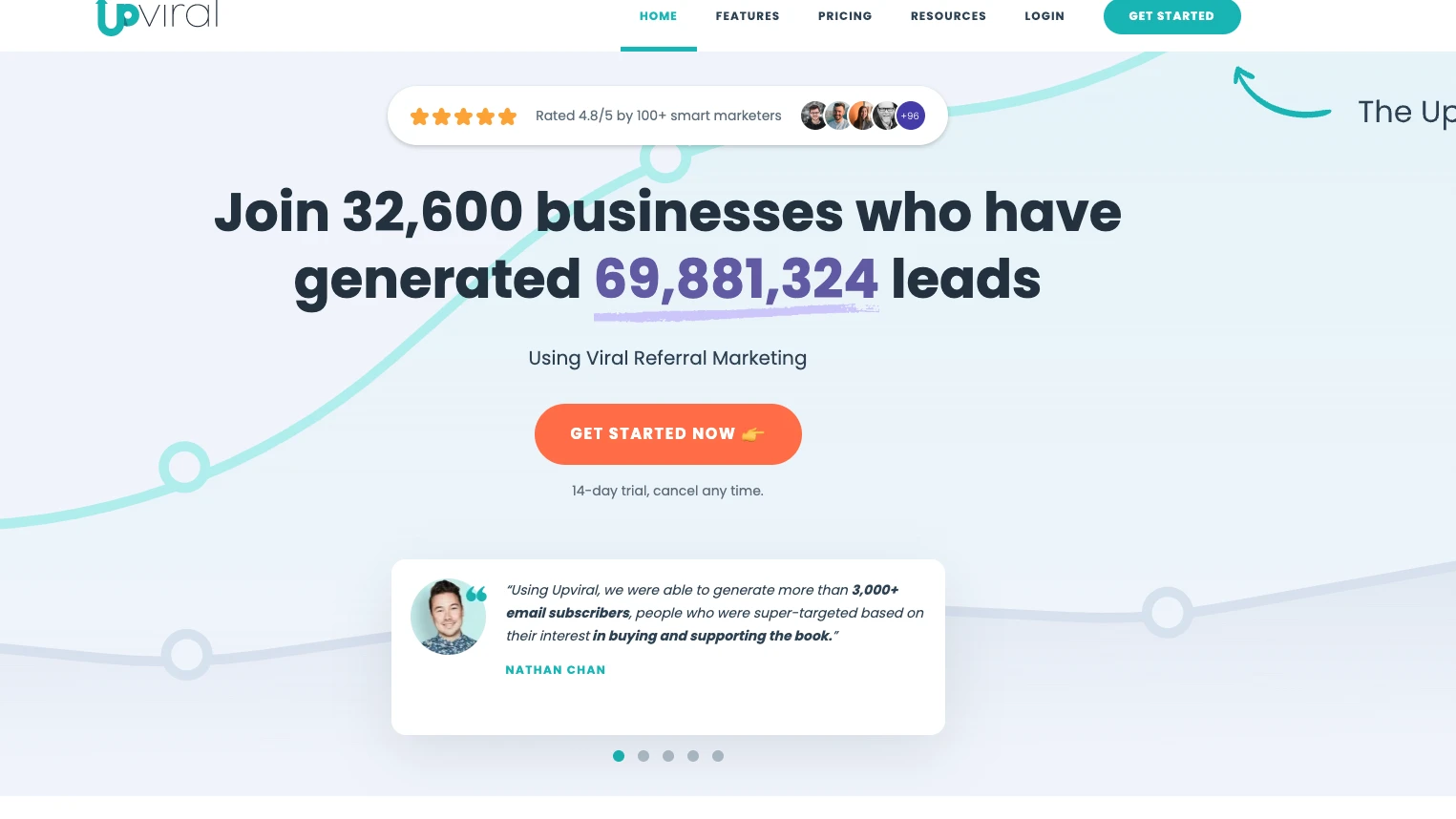How does AI content assistance impact SEO and content marketing?
AI-powered tools are revolutionising the way marketers approach SEO and content marketing. With the …

Understanding SEO and leveraging artificial intelligence (AI) can be intimidating for a small business owner. However, this guide will help you navigate the world of SEO and provide valuable insights on how AI can boost your small business's online presence.
By grasping the basics of SEO, utilising keywords effectively, mastering on-page and off-page optimisation, and capitalising on local SEO, you can take your small business to new heights. Additionally, embracing AI-powered tools and adapting to the AI revolution in SEO will help you stay ahead of the competition. Remember, SEO is an ongoing process requiring continuous learning and adaptation.
Overall, by understanding the importance of SEO and AI, leveraging the right tools and strategies, and partnering with the right agency, small businesses can improve their online visibility, attract more customers, and achieve their business goals in the digital age.
As a small business owner, navigating the world of SEO can seem daunting. With constantly evolving algorithms and the ever-increasing competition for online visibility, it's easy to feel overwhelmed. But fear not! In this guide, I will walk you through the ABCs of SEO and provide insights on how you can leverage artificial intelligence (AI) to boost your small business's online presence.

Let's start with the basics. SEO, or Search Engine Optimization, is optimising your website to improve its visibility on search engine result pages. Simply put, it's all about making your website more attractive to search engines like Google. Doing so increases the likelihood of your website appearing higher in search results, driving more organic traffic and potential customers to your site.
So why is SEO integral for small businesses? Well, the internet has become a primary source of information for consumers. They will likely turn to search engines when looking for a product or service. By optimising your website, you increase the chances of your business being discovered by these potential customers. It's like having a storefront in a prime location - the more people see it, the more likely they are to visit.
Keywords play a crucial role in SEO. They are the words or phrases that people type into search engines when looking for something specific. By understanding what keywords your target audience is using, you can optimise your website to align with those searches.
Conducting keyword research is the first step. There are various tools available, like Google's Keyword Planner, that can help you identify relevant keywords for your business. Look for keywords with high search volume but low competition. These are the keywords that have the potential to drive the most traffic to your site.
Once you have your keywords, it's essential to use them strategically throughout your website. Incorporate them in your page titles, meta descriptions, headings, and content. However, avoiding keyword stuffing is crucial - the excessive use of keywords can harm your SEO efforts. Instead, aim for natural and relevant usage that enhances the user experience.
SEO can be divided into two main categories: on-page and off-page optimisation.
On-page SEO focuses on optimising the content and elements within your website. This includes strategically using keywords, creating high-quality and engaging content, optimising meta tags and headers, and ensuring your website's structure is user-friendly and easy to navigate.
On the other hand, off-page SEO involves actions outside your website to improve its visibility. This includes building high-quality backlinks from other reputable websites, engaging with your target audience on social media, and creating compelling and shareable content that drives referral traffic.
Local SEO is a crucial aspect for small businesses. With the rise of the "shop local" trend, people are increasingly looking for businesses in their immediate vicinity. To capitalise on this trend, optimising your website for local searches is essential.
Start by claiming and optimising your Google My Business (GMB) listing. This will ensure your business appears in local search results and Google Maps. Include accurate and up-to-date information about your business, such as location, hours, and contact details. Encourage customers to leave reviews on your GMB listing, as positive reviews can improve your local rankings.
In addition, make sure your website includes location-specific information and keywords. Create location pages if you have multiple locations or serve specific regions. This will signal search engines that your business is relevant to local customers.

Artificial Intelligence (AI) is revolutionising the world of SEO. AI-powered tools like AI content creation and chat search are changing how businesses approach optimisation.
AI content creation allows businesses to generate high-quality and engaging content at scale. AI can create content that aligns with search engine algorithms and user preferences by analysing vast data and understanding user intent. This saves time and resources and improves the chances of ranking higher in search results.
Powered by AI, chat search transforms how people search for information online. With voice assistants like Siri and Alexa becoming more common, optimising for voice search is crucial. Businesses must understand how users interact with voice search and adapt their SEO strategies accordingly.
To stay ahead of the game, small business owners must embrace the AI revolution in SEO. Here are some steps you can take to integrate AI into your SEO strategies:
1. Invest in AI-powered tools: Explore AI-powered tools to help automate and streamline your SEO efforts. Look for tools that offer features like AI content creation, keyword research, and competitor analysis.
2. Stay updated with industry trends: AI technology is constantly evolving. Stay up-to-date with industry news, attend webinars, and follow thought leaders in the field to stay ahead of the curve.
3. Analyse and optimise: Use AI analytics tools to monitor and analyse the performance of your website. This will help you identify areas for improvement and make data-driven decisions to maximise your SEO strategy.
4. Create user-centred content: AI-generated content is powerful, but don't forget the importance of providing value to your users. Focus on creating informative, engaging, and relevant content for your target audience.
Choosing the right SEO agency can make a difference for your small business. Here are some considerations and precautions to keep in mind:
1. Experience and expertise: Look for an agency with a proven track record in delivering results for small businesses like yours. Ask for case studies or references to gauge their expertise.
2. Transparency and communication: A good SEO agency should be transparent about its strategies and provide regular updates on the progress of your SEO campaigns. Effective communication is critical to a successful partnership.
3. White-hat practices: Ensure the agency follows ethical SEO practices and does not use black-hat techniques that could harm your website's reputation.
4. Customised strategies: Every business is unique, and so should be the SEO strategy. Look for an agency that takes the time to understand your business goals and creates a tailored approach based on your specific needs.
To illustrate the effectiveness of SEO for small businesses, let's dive into a few case studies:
1. Joe's Pizza: By implementing local SEO techniques, such as optimising their GMB listing, using location-specific keywords, and building local citations, Joe's Pizza saw a 30% increase in foot traffic and a 20% increase in online orders within three months.
2. The Flower Shop: With the help of AI content creation tools, The Flower Shop improved its website's rankings and increased organic traffic by 50%. They also saw a significant boost in conversion rates, resulting in higher sales.
In today's digital age, SEO is more crucial than ever for small businesses to thrive online. By understanding the ABCs of SEO and leveraging AI-powered tools and strategies, small business owners can increase their online visibility, attract more customers, and achieve their business goals.
Remember, SEO is an ongoing process that requires continuous learning and adaptation. Embrace the power of SEO and AI, and watch your small business flourish in the vast world of the internet.
Some other posts you may like

How does AI content assistance impact SEO and content marketing?
AI-powered tools are revolutionising the way marketers approach SEO and content marketing. With the …
October 24, 2023
Read More
Case study: Upviral - Transforming the Campaign Creation Workflow at Upviral
When I joined Upviral, a referral marketing platform, the company was at a pivotal point …
October 24, 2023
Read More